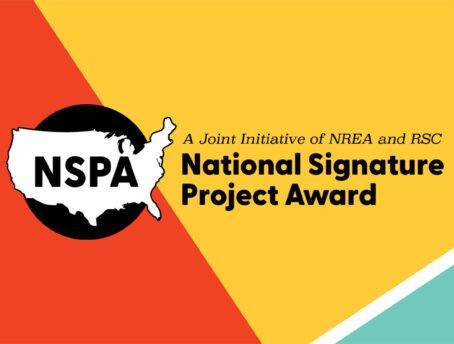Editor's note: The essay below was submitted by author, Faith Harkey. Faith is drawn to places where the milk comes fresh from the cow. Her recently released and critically acclaimed children's novel, Genuine Sweet, is written for kids ages 9-13. It is a rural story.
By Faith Harkey
"Tell me a story, Dad." (Because there's a bully at school, and I need to know it's okay to stand up for myself.)
"Tell me a story, Mom." (Because my grandpa just died, and I need to hear that the people who leave us still love us.)
"Tell me a story, teacher." (Because I have a dream that seems impossible, and it helps to see how other people make big dreams come true.)
Children need stories. When Dorothy travels the Yellow Brick Road, kids learn to navigate life's tornadoes. Story broadens young readers' perspectives, too. Who better than the Ghost of Christmas Present to help us see through others' eyes? And when a tale reflects a child's own experience—when a struggling pre-teen meets Judy Blume's Margaret—it lets her know she's not alone.
The increasing call for diverse children's books, ones that weave stories of different cultures and life experiences, arises from this understanding. Each of us needs to know that our stories— everyone's stories—are valuable.
This is especially true of rural stories, which have been heavily and negatively skewed in the popular meme. While Americans, on the whole, are learning to refuse stereotypes, we continue to see images of rural people as undereducated, isolationist, and without meaningful choices. And though adults can teach that good and bad people exist in every community, the sponge-like minds of kids absorb images as truth. The simple fact is, rural children need stories that reflect small-town kids as smart, powerful, and rooted in a tradition that matters.
If we want to offer an alternative to distorted views of small-town living, we must open the doors of our hearts and share our rural stories. This is important work, as the rural spirit offers wisdom for everyone:
- Our deep interconnectedness. Small-town stories remind us of the power of community. In rural places, where firefighters are volunteers and kitchen-table counselors soothe hearts, things get done because people come together. Rural towns may be tiny, but they are mighty!
- Our reliance on the earth. Farming communities haven't forgotten that life springs from seeds. We are dependent on the growing of things. Not everything is—or should be— under our control.
- The power of the cycles of life. The birthing and care of animals—some as companions, some for meat. The time spent with elders and the blessing of being present with them when they pass on. The rhythms of the seasons, which in turn, teach us about the cycles of our own days and years. Rural stories teach patience and offer the comfort that we are a part of something larger.
When we come together over rural stories, when we share them and pass them down, we chant our deep, human connection to the land, and to the struggles that make the heart grow large. Rural stories aren't always easy stories, but they are stories that matter, stories worth living.
"Tell me a story, neighbor." (Because the child lives in us, still, and we all grow in the sharing.)
Learn more about Faith and her new book at: http://FaithHarkey.com or http://GenuineSweet.com, Follow her on Twitter @FaithHarkey . We truly appreciate Faith's support of the Rural Schools Collaborative.
*By the way, if you want to learn more about Sass, Georgia, you need to read Faith's book!




